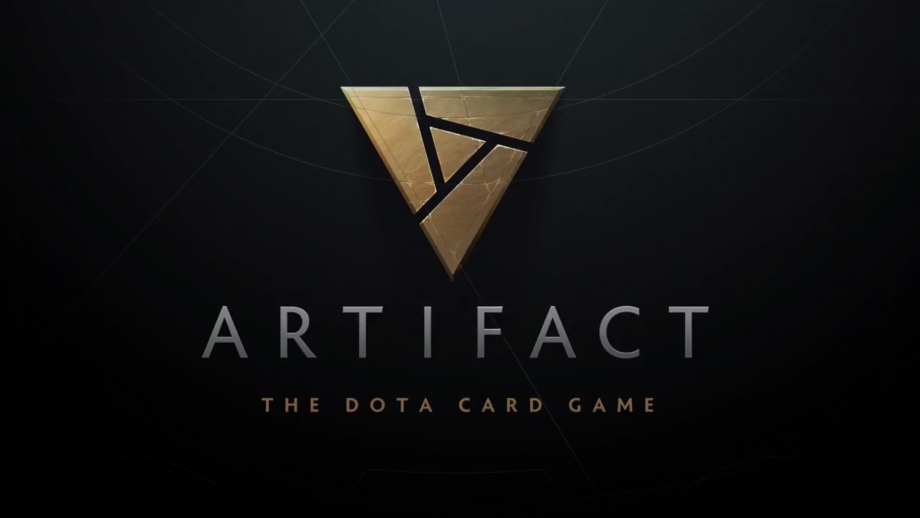Artifact’s most overpowered card is the one in your wallet

Card battler Artifact, the newest game from Half-Life and DOTA 2 developers Valve, launched earlier this week, allowing players to get to grips with Valve’s latest multiplayer title. But the aggressive monetisation has left fans with a nasty taste in their mouths.
Online collectible card games (CCGs) have long been cash sponges, with titles like Hearthstone, Gwent and even FIFA’s CCG-esque Ultimate Team all expecting you to pay to buy randomised packs of cards to have a good experience.
These CCGs often escape the ire fans tend to toss at anything that even smells of a microtransaction, as people expect these games to cost money. Hearthstone, a game I’ve given a good chunk of my life over to, lets players earn card packs by playing, but far more commonly players will buy a card pack bundle for £5, £10 or even £40.
People expect CCGs to get spendy, but Artifact goes way over the top.
In my first hour with the game, which you can buy for £15.99 in the Steam store, I spent an additional £10 to assemble a high-tempo deck recommended online, played the deck against an opponent, and got stomped because it didn’t fit my playstyle.
Just like that my tenner was gone.
The monetisation in Artifact neatly fits the definition of pay to win, as the only thing the game really gives you from the off is two starter decks, which are easy to counter as everyone has access to them.
Want to get your hands on Axe, a strength-based hero that can dominate the early game with a huge health pool? He’s currently going for $21 dollars on the Steam marketplace. That’s more than the game itself.
Once you’re fielding Mr Big, Red and Ugly you’re also going to need to support him, with cards that cost a few pence each necessary to boost his health and attack damage.
Read more: Best games
It’s unreasonably expensive, and the game is currently being review-bombed on Steam as a result. I’m largely against ‘review bombing’ as a concept, because it’s often the work of entitled fans, but in this case it seems the best way to deal with this situation is to vote with your wallet.
Have you spent big on Artifact? Does emptying your wallet out for a game put you off? Let us know on Twitter @TrustedReviews.


